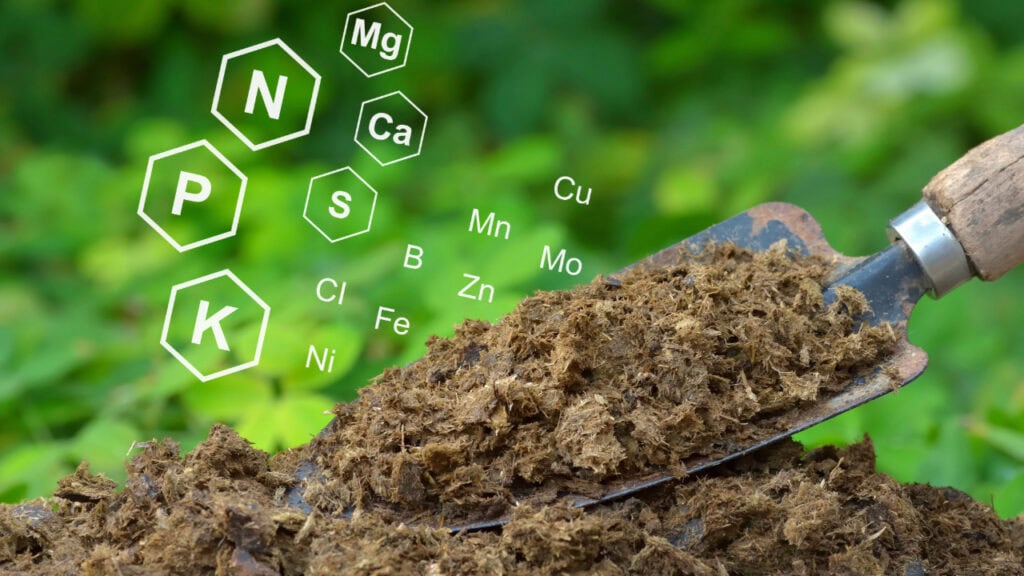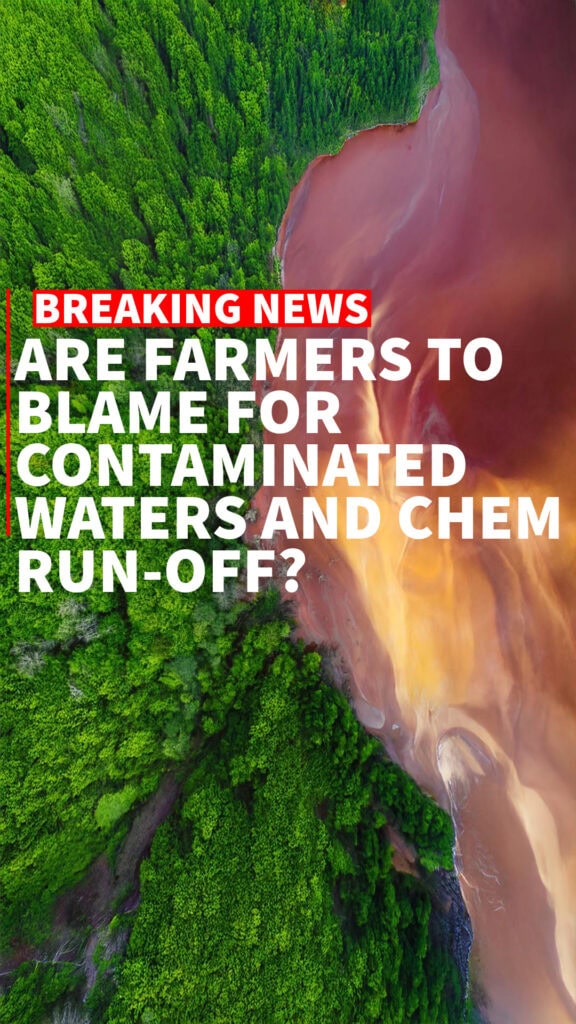Farmers are often unfairly blamed for environmental pollution linked to fertilizer use. In reality, they take significant steps to minimize chemical usage due to economic pressures, environmental stewardship, licensing requirements, and personal ethics. Modern farmers understand that overusing fertilizers and pesticides is costly, ineffective, and harmful to both their land and surrounding ecosystems.
Economic Considerations
Fertilizers and chemicals represent a significant portion of farm operating expenses. Precision agriculture technologies, such as soil testing and GPS-guided equipment, help farmers apply fertilizers and pesticides exactly where they are needed, reducing waste. Variable-rate application ensures that only the necessary amounts are used, lowering input costs while maintaining high yields.
Environmental Protections
Farmers work diligently to prevent chemical runoff into water sources. Techniques like cover cropping, buffer strips, and no-till farming reduce soil erosion and nutrient leaching. These practices also help trap excess nutrients before they leave the field. Programs like the USDA’s Conservation Stewardship Program (CSP) (https://www.nrcs.usda.gov/programs/conservation-stewardship-program) provide financial incentives for these conservation methods.
Compliance with Regulations
Farmers must adhere to strict state and federal licensing requirements for applying herbicides and pesticides. These certifications mandate rigorous training in safe handling, storage, and application methods. Violating these requirements risks penalties, making compliance an essential part of farm operations.
Ethical Practices and Community Impact
Farmers often live on or near their land, and they value its health as much as anyone else. Minimizing the impact of chemicals on neighboring fields, communities, and ecosystems is a top priority. Techniques such as integrated pest management (IPM), which combines biological and cultural controls with minimal chemical use, demonstrate their commitment to sustainable farming.
Preventative Measures
Modern irrigation systems, like drip irrigation, reduce water waste and prevent chemical runoff. Additionally, farmers carefully monitor weather conditions to avoid spraying chemicals during high wind or rain, which could carry them to unintended areas. By doing so, they protect neighboring fields and waterways.
Farmers are not the cause of pollution—they are actively part of the solution. Through advanced technology, rigorous compliance, and ethical dedication to sustainability, they conserve resources and protect the environment for future generations.

Want to know more about the factors affecting your water supply? We recommend reading our article about municipal water and well water here: https://www.washingtonstatelandforsale.com/well-water-or-municipal-water/
